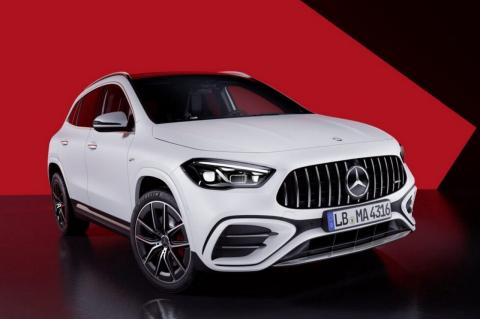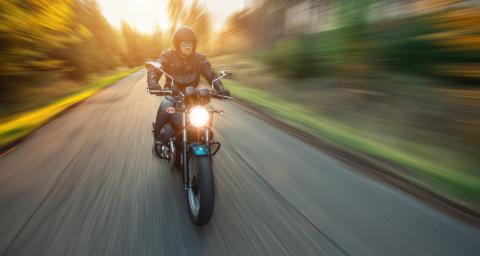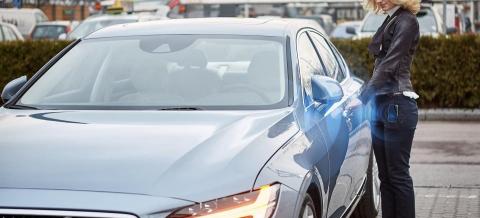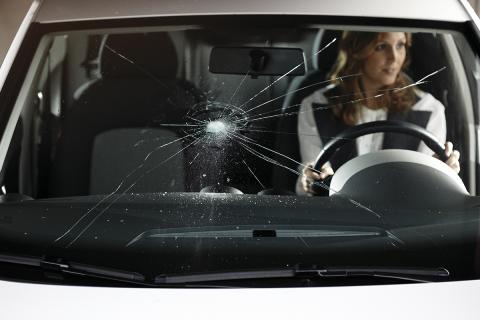One out of every two young people thinks that in driving school they only teach you how to pass and a third of them do not feel really prepared to face the daily challenge of driving after passing the test. They are data from the Spanish Observatory of Drivers DUCIT, an initiative of RACE. Getting your driver’s license is one of the best moments of a person because it makes it easier for you to move with more freedom but it also entails an increase in responsibility.
Concentration at the wheel has to be 100%, especially for novice drivers. You have to keep in mind that in the driving school you learn the traffic rules and basic notions to drive and circulate sharing roads with other users, but the real teaching comes once you get your driving license, when you face it alone, without the help of a teacher, to daily traffic.
So that your first experiences behind the wheel of a car as a new driver are positive and, above all, safe, here are some tips.
Know the car you are going to drive
Almost certainly the driving school car will not be the same one you are going to use. Before you get going, spend some time familiarizing yourself with its pedals and controls. You must know how to activate the lights, the windshield wipers, where the horn is… Don’t let the rain catch you by surprise and you don’t know how to activate the windshield wipers! You should also know where the car documentation is in case you get stopped by the Civil Guard or a Traffic agent and something also very important: know what fuel your car uses 😉 Although they usually have a sticker on the tank lid, it is better to have it clear in case it’s time to visit the gas station.
gain confidence
You may be wanting to show your driving skills to your friends, or you may already have a trip planned. The first recommendation is that you delay it for now. You must first gain confidence behind the wheel. The easiest thing is that your friends distract you and in the first months your attention must be total. You’ll have time to prove your skills as a good driver, yes, your attention should always be on the road or on the streets!
Practice the route accompanied and in advance
It is highly recommended if you can make the first journeys with a trusted family member or driver who can help you. Or if you are going to use the car to go to the university or place of study or work, it will help you a lot to make the route in advance to know it well and thus face more safety on a day-to-day basis, when traffic is usually more intense. and more road conflicts may arise.

Let them know that you are a new driver
Carrying the ‘L’ plate (signal V-13) that identifies you as a novice driver is mandatory during the first year, but the most important thing is that it gives you security. Do not hide it or pretend that it has become detached or has fallen because in this way the only thing you achieve is that the rest of the drivers do not know that you just got your license and, if you do something wrong, they will draw attention to themselves, they will have less patience and you will be more nervous. The purpose of wearing the ‘L’ during the first year is to alert other users to be more alert and more empathic with you, something that by the way should be more frequent among drivers in general: more respect and empathy.
Not wearing the ‘L’ plate in a visible place on the rear window is classed as a minor offense and carries a fine of 100 euros. And if you share the car with your parents or siblings, remind them to remove the plate if they have had the license for more than a year, because in that case, they could also be fined 100 euros.
Other recommendations
And do not forget to put into practice from the first moment everything that you have been taught in driving school:
– Before starting the journey, your driving position must be adequate: correctly position the steering wheel, seat, headrest… and put on the seat belt! In this link I explain how to use it correctly.
– Comply with traffic regulations. And it always adapts the speed to the road and weather conditions. Novice drivers have to follow the same speed limits as everyone else.
– Do not drive after consuming alcohol or drugs. Remember that the maximum alcohol level for novice drivers is 0.15 milligrams per liter of expired air, instead of 0.25 milligrams for the rest (or 0.3 grams per liter of blood instead of 0.5 grams). You must meet the alcohol level for novice drivers for the first two years.
– And forget about the mobile phone while you’re behind the wheel. Distractions are the leading cause of accidents in Spain. Take it seriously and do not increase the risks that driving a vehicle already has.










